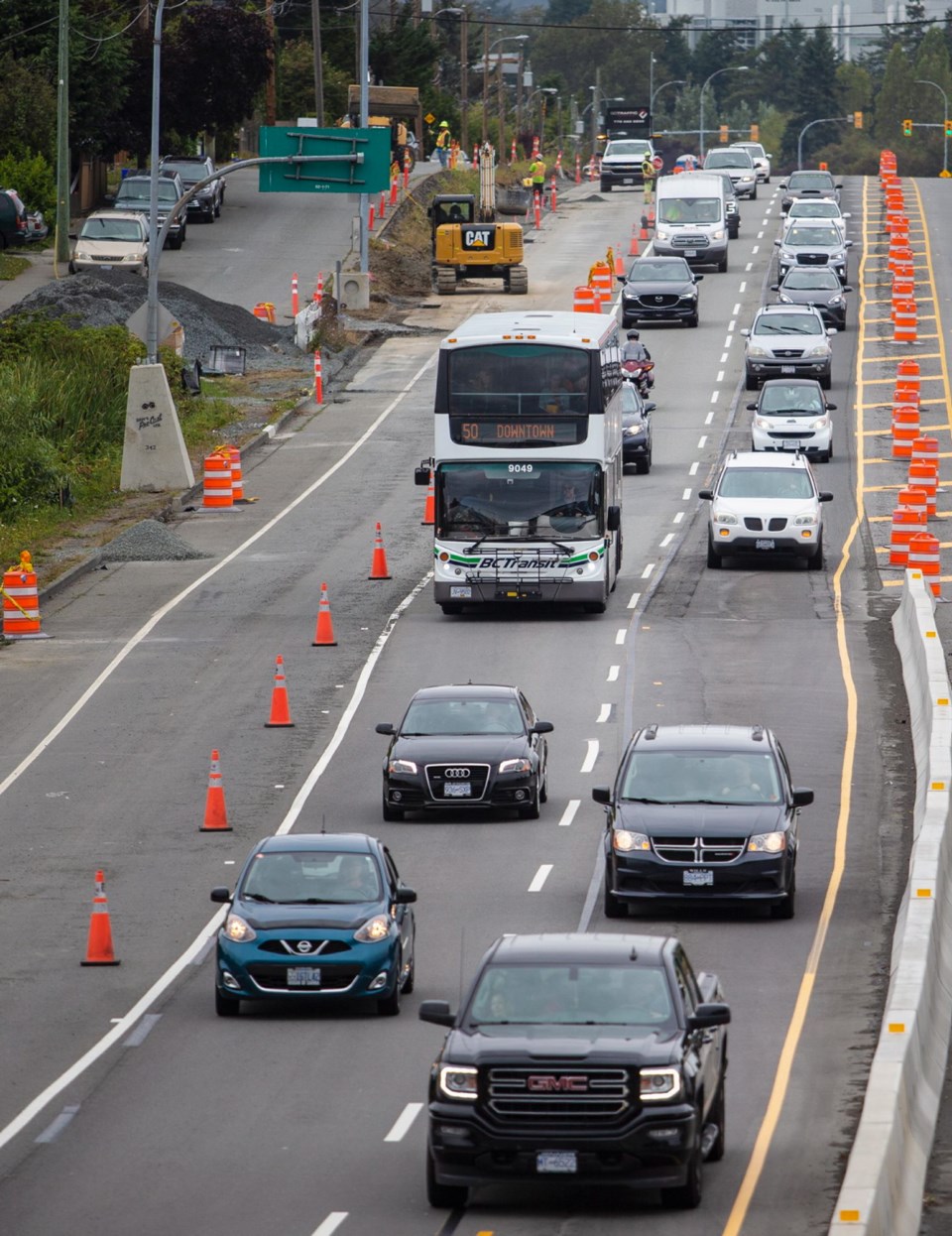BEN ISITT
A commentary by a historian and legal scholar who serves as a Victoria city councillor and Capital Regional District director.
Students are returning to school this week. Some of them, living in the city of Victoria, will travel using universal bus passes, after city council removed user-fee barriers to public transit ridership as a form of climate action and social justice.
Youth in other communities in the region are not so fortunate, after transit’s governing body, the Victoria Regional Transit Commission, voted against pursuing a region-wide youth bus pass. People power provides the formula for closing this equity gap in mobility for young people — as a first step toward universal access to public transit for everyone.
Fare-free public transit for young people in Victoria is being funded through a combination of municipal taxes and parking revenues.
This has resulted in requests from families living outside the municipality to have the service extended to all youth in the region. However, there is not sufficient revenues from these funding sources in Victoria to subsidize fare-free public transit for all youth region-wide.
Even if the city had these revenues, it would not be equitable for Victoria taxpayers (who are amongst the lowest-income earners in the region, on average) to subsidize a regional service on their own.
I therefore encourage students, parents and families living outside Victoria to work together with your school communities and neighbours to lobby your municipal and provincial elected officials to make fare-free public transit a reality for every young person in this region.
The City of Victoria recently advocated for a region-wide youth bus pass — proposing a pilot program beginning in 2020 for fare-free public transit for all young people in the region. However, the Victoria Regional Transit Commission defeated this proposal on a tie vote (4-4) at its meeting in August 2019, meaning that the commission is not moving forward with a region-wide program at this time.
Now that the City of Victoria has begun issuing youth bus passes on its own, to people 18 and younger living in the city, pressure is mounting on the regional transit commission to reconsider the issue, including demands for a “re-vote” at the February commission meeting.
If one of the commissioners who originally voted against the proposal is prepared to reconsider their position, the region can begin moving forward with a region-wide youth bus pass.
Without a doubt, the quality and level of service of public transit in the region needs to be substantially improved without delay, alongside the elimination of user fees, moving toward frequent service with electric buses on all major corridors.
These improvements are especially needed in the context of a climate crisis, to remove the stigma and inconvenience associated with public transit use. However, it is not an “either/or” scenario. Jurisdictions worldwide are eliminating use-fee barriers to public transit while substantially improving service — from Kingston, Ont., to Kansas City, Missouri, to two European countries that eliminated fares entirely last year: Luxembourg and Estonia.
Here in the capital region, we are eliminating user-fee barriers to public transit ridership, as a form of climate action and social justice, starting with young people in the city of Victoria.
Closing the equity gap with other youth in the region, and extending the benefit of universal access to all age groups (recognizing mobility as a basic human right), will take people power. This can be expedited, and the impact on local taxpayers substantially reduced, with support from the provincial government.
I encourage everyone who supports this progressive, climate-friendly policy to work with your neighbours, classmates, co-workers and the Free Transit Victoria coalition to demand that the Victoria Regional Transit Commission, with support from the Government of British Columbia, move forward without delay with fare-free public transit for all young people in the capital region — as a first step toward universal access to mobility for everyone.



